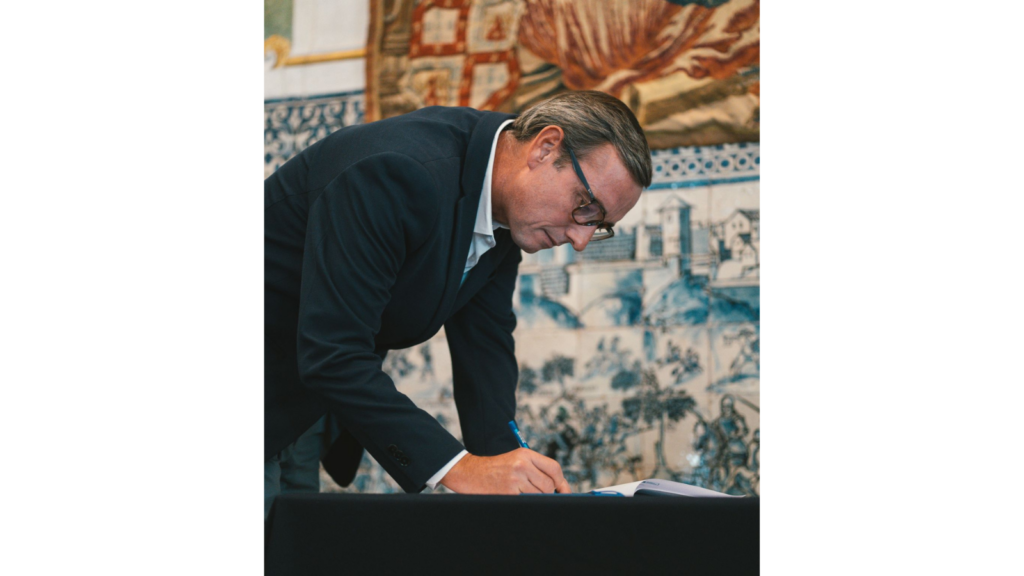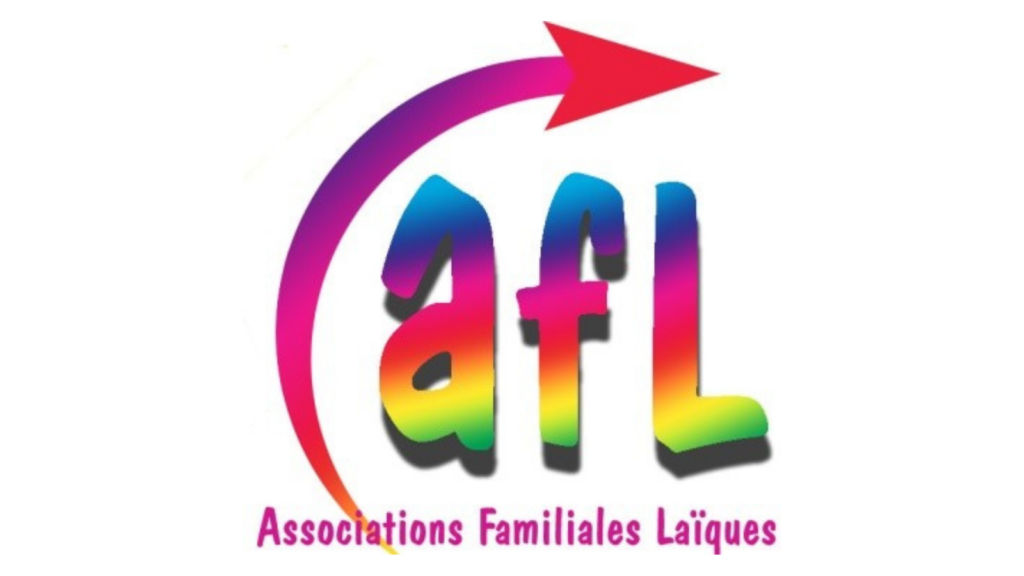Following the 2023 World Children’s Day, the European Parliament adopted an important text for children and their families. The Own Initiative report on “Reducing inequalities and promoting social inclusion in times of crisis for children and their families” received 386 votes in favour, 87 against and 141 abstentions. In this time of economic challenges, the report underscores the importance of societal responses to ensure the well-being of vulnerable populations and sheds the light on strategies to reduce inequalities and foster social inclusion for children and their families during times of crisis.
The critical link between families and children wellbeing is once again highlighted in this report, which makes as well important references to the European Child Guarantee. By addressing economic disparities, access to education, and healthcare inequalities, the report charts a comprehensive roadmap towards a more inclusive society. In the realm of family policy, the report advocates for targeted interventions that prioritise the needs of children and families, acknowledging their heightened vulnerability during crises.
One key recommendation involves bolstering social safety nets to shield families from the economic fallout of crises and build their resilience, ensuring that no child is left behind due to financial constraints. Additionally, the report highlights the pivotal role of education as a catalyst for social mobility, emphasising the need for equitable and inclusive access to quality education resources including to inclusive and high-quality Early Childhood Education and Care services.
Moreover, the European Parliament report calls for the empowerment of marginalised communities, recognising that a diverse and inclusive society is more resilient in the face of adversity. It encourages the implementation of policies that actively combat discrimination and promote diversity, fostering an environment where every family feels valued and supported.
As families struggle with the multifaceted challenges of crises, this parliamentary report serves a reminder that social rights and support to families should not be cut out but strengthen during times of crises. By prioritising social inclusion and addressing systemic inequalities, societies can build a foundation where the well-being of children and families is safeguarded, even in the most challenging times.





